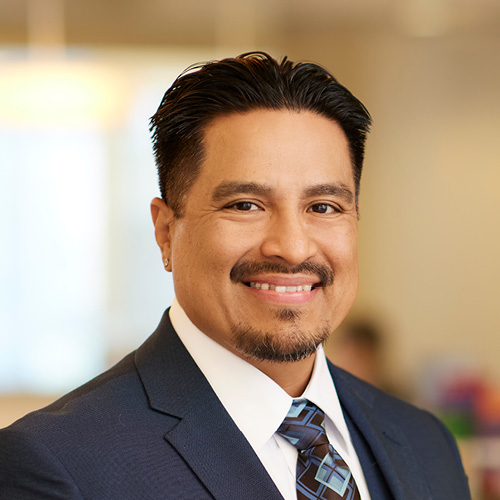Growing your family is an exciting time and should involve more celebration than stress. For new or expecting parents, planning and preparation is key. This includes everything from which crib to buy to how many diapers to stock up on to unexpected expenses. While your plans may not always go as anticipated, having systems in place to plan for the future can help you avoid a lot of financial stress.
Budgeting
Are you planning on moving or buying a house to accommodate a growing family? Do you know all the expenses you are incurring every month? Do you know what bills are coming in and out? While a new addition can change your schedule, it’s important to set time aside each month to evaluate your budget.
Most budgets include the basics such as mortgages or rent, groceries, utilities, and credit card payments. But there are certain items new and expecting parents may want to include in their budget that weren’t there previously. These can include things such as daycare expenses, baby supplies, doctors’ appointments, and even deposits into a 529 plan. Every budget is unique and takes time to perfect, but by creating and sticking to a budget you are putting yourselves (and your new addition) on the path to financial security.
529 plans
As mentioned, some parents may choose to include monthly deposits to a 529 plan in their budget. 529 plans are savings plans, sponsored by states, state agencies or educational institutions as a way to encourage saving for future higher education and are great plans to set up early for a child’s education.
529 plans are investment accounts where the money put in can only be used for qualified higher education expenses. There are many benefits to 529 plans with the main perk being that these plans grow federally tax-free and withdrawals are not taxed, as long as the money is used for qualified higher education expenses. These plans are also very low maintenance; after linking the account to your bank account or payroll deductions, there is very little you will need to do to manage the account.
Reevaluating your emergency fund
As your family grows, your expenses will grow and thus, your emergency fund should as well. A common recommendation is that you keep the equivalent of three months of your salary in an emergency fund in case of a financial emergency. But, when you add an addition to the family, the chances of an unexpected emergency increase. It is near impossible to predict the future, but by saving little by little you are able to alleviate some of that financial stress.
While adding a new addition to your family is an exciting time, following these financial tips can help you be prepared for unexpected expenses.








 Equal Housing Lender. SBA Preferred Lender. NMLS #440379
Equal Housing Lender. SBA Preferred Lender. NMLS #440379